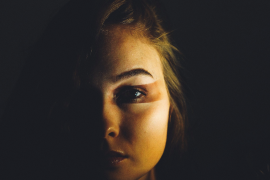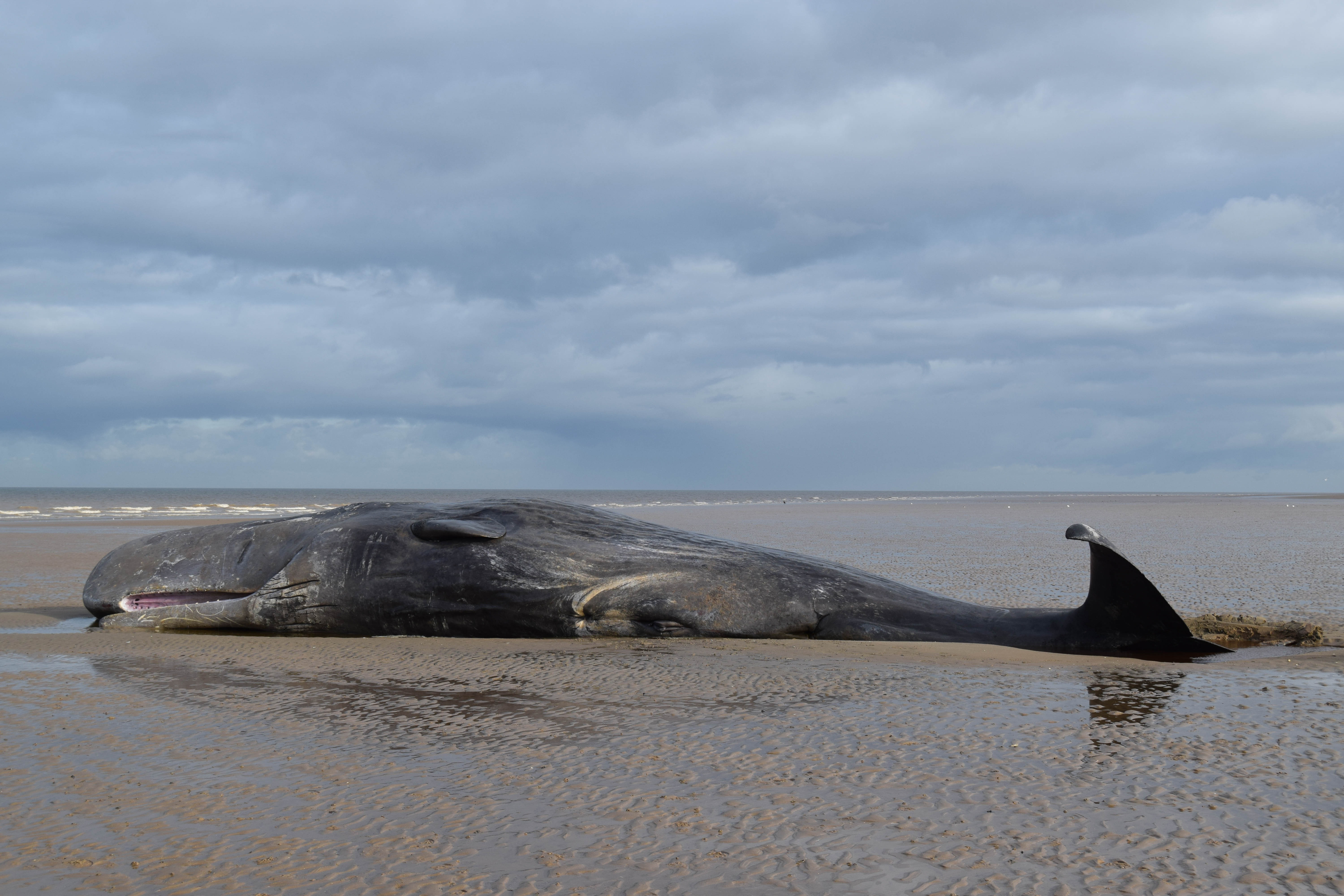Rebecca Meacham
Lillian C.: Pack the silver spoons because I detest the thought of spittle, someone else’s spittle, in my mouth. I would rip out my own teeth. Thousands of tongues lick butter from a single knife. Hollandaise and crepes and salmon mousse are masticated from the very same fork. My silver, my mouth. Do not lift silver with your fingers! The chamois. Wrap the spoons in the chamois and tuck them in the silken pocket of the trunk. Remember the napkin ring and Mother’s linens. My visitors will have a proper place should we dine together in the garden.
Bernard T.: Screw you. Pack nothing. Pack your twat. That case is the color of weasel shit, and you, Mother, are a weasel. I told you again and again: nobody touches the padlock. It is the padlock of Harry Houdini. Do you hear me? That’s a man with real talent, not like those teethy tannies in your Picturegoer. You are not to touch the padlock. I can see your greasy prints all over it. You and that boyfriend of yours together, probably after he sticks it in you. You want me out, fine, but keep your hamhocks off my things. I’ll put the padlock in myself, you stupid bitch.
Grace J.: Will they allow reading? Shall I take Cimarron? I’ll bring the book since you are right—a book is a tonic for the mind. You have to place it in the case, darling. You’ve got my hands wrapped in these bandages.
Viola G.: I can carry it myself. All that’s inside is a paper scrap I saved from the fire when our house burned down. A piece of my sister’s wedding announcement. Worst year of my life.
Josephine S.: Why, thank you, that is a lovely sentiment. Cherry blossoms on porcelain—I painted the plate after my voyage to Japan. The ocean was that very shade of blue there, although the water sometimes purpled like the bruise inside my head that makes me cry. It’s why I painted the bee above the branches. I’m most proud of his legs, the natural way they curl. I had to interrupt all that blue with something winged. Something purposeful.
Frank C.: The toy pistol? I snuck that in after my wife pressed my army uniform. All us crack-ups need some crack-ups, right?
Charles W.: He sent the zither? Dear God. Get rid of it. Get rid of that blunt music from the homeland, those tidy melodies, plump as weisswurst. That look on his face as he played, grinning at God while the zither perched on the peak of sin. Those duets. Sitting me on his lap, saying, Hold the instrument on your lap, Charles. It was cumbersome, the zither on my lap, me on his lap—wood upon flesh upon bone. Wrapping his arms around me, strumming those glutting waltzes, showing off, his sweat seeping into me. I could feel him stiffening. Everyone clapped. I hated for them to leave. Here is how you hold it. Here is how you play. Yes, Papa. Every time, I vomited. Look, he’s packed the wooden hammers I carved when I was eleven. Me, a man who cuts himself shaving, whittling those pathetic hammers just to keep him away. I said I preferred playing the zither on the table, standing up. He liked that even better. Here’s the message I penciled on the hammer, see, just for him: Fuck You.
Leslie S.: Will the case be safe in the attic? Open it first. I’ll show you something. I wore that wrap at Carnegie Hall to sing “Quando m’en vo soletta.” You know what that means? You have to savor the cravings. Touch this. Pure silk. I love the feel of silk on my thighs. You ever think about that when you’re taking up the luggage, the way a woman’s thighs brush together as she walks? Imagine. All that keeps her cool as she’s talking with someone like you, with your thick hair and strong shoulders, is a pair of tiny thin silk panties. Practically nothing.
Harvey P.: I need my rocks. I need to hold them in my cheeks. I need to taste the lake that almost drowned me. I miss the mud pulling my ankles. The rocks taste like skeletons and rot. Some have bubbles stilled inside them. Throw them hard and they won’t break.
Eloise W.: Well, what would have me do with my time if you won’t permit my typewriter?
Caroline D.: The ants come and go through your tooth powder. They scurry up my arms and over the straps you put on my wrists and tunnel into my gums and up my nostrils and into my eyes and you will not let me pick them out any longer and my throat hurts from screaming and I want my case with my tooth powder from my house in East Varick. Please.
Henry K.: You don’t understand. The case has my leg. How will I dance without my leg?
Philomena C.: Everyone who comes here has a case and you take our cases. I been here years and all this time I only asked for one thing. I sweep your floors and swallow your pills and freeze in your bedrooms and smile for your pictures. I am dying now. I want her blanket. The yarn smells of her fine hair and all I want is to unlock my suitcase quick and get her blanket so I might remember how to hold something of my own. Can you allow me that one simple thing? Just that?
Author’s Note: “Cases: Willard Asylum for the Insane, 1910-1960” is based on the photography of Jon Crispin, who, in 2011, began documenting the possessions within the suitcases stored in the attic at the facility in Ovid, NY.
Rebecca Meacham’s story collection, Let’s Do, was published in 2004 as the winner of UNT Press’s Katherine Anne Porter Prize in Fiction, and was a Barnes & Noble “Discover Great New Writers” program selection. Her flash fiction collection, Morbid Curiosities, is forthcoming as the winner of the New Delta Review 2013-14 chapbook contest. She directs the creative writing program at University of Wisconsin-Green Bay. http://rebeccameachamwriter.com



